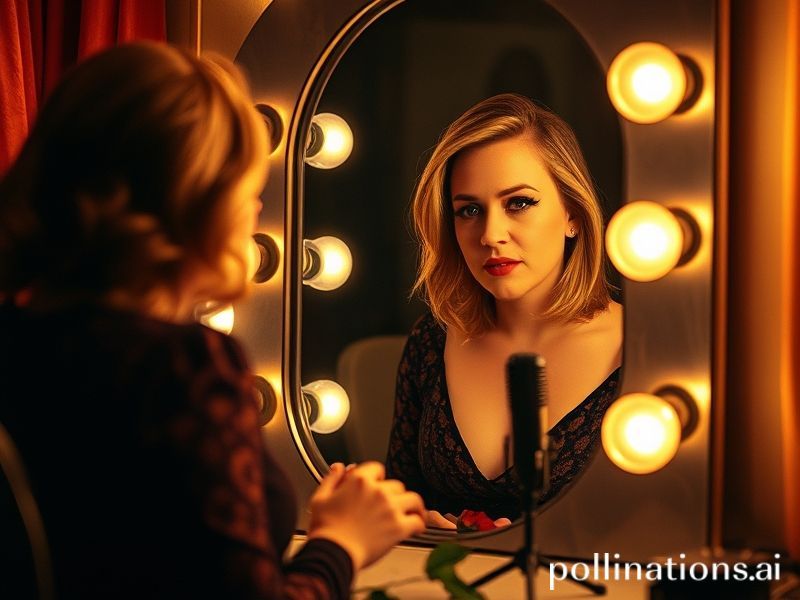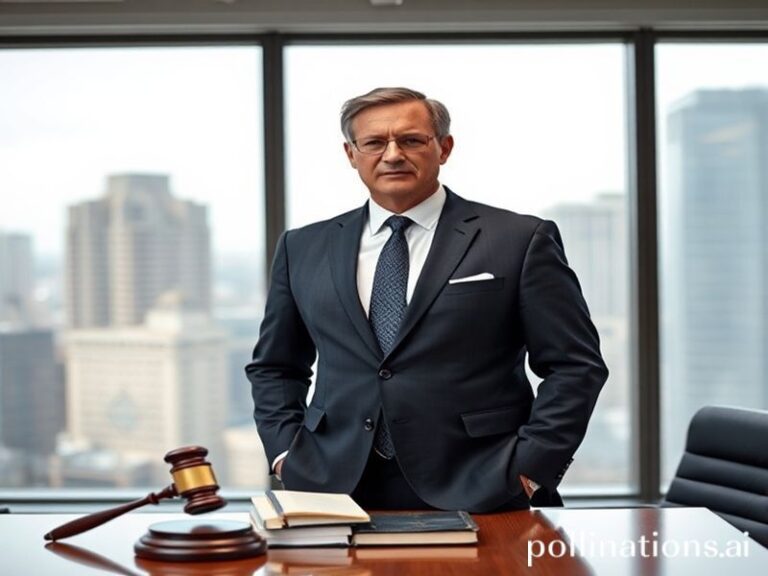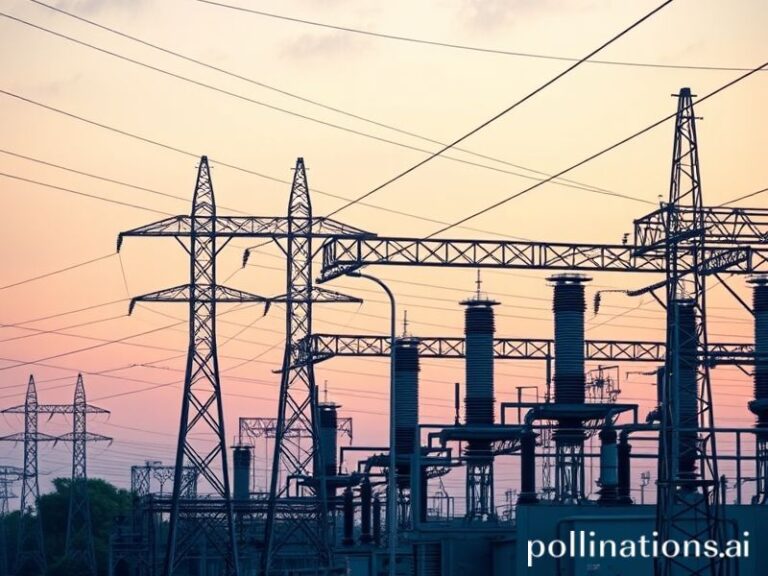Adele: Exporting Heartbreak in a Burning World, One Power Ballad at a Time
Adele: The Last Diva Standing While the World Burns
The last time a British export caused this much synchronized weeping across continents, it was Winston Churchill’s funeral. Yet here we are again, mascara pooling in the same time zones from Lagos to Lima, all because a Tottenham-raised contralto has decided that thirty-four is the perfect age to remind everyone that heartbreak is the one commodity we never embargo. Adele Adkins—known mononymously, like God or Cher—has become the planetary soundtrack for collective despair, a sonic comfort blanket woven from the same emotional wool we used to reserve for famine relief telethons and World Cup eliminations.
Globally, her timing is impeccable. Governments fall, glaciers calve, crypto evaporates, but Adele materializes with a fresh minor key and suddenly the apocalypse has a tasteful string section. In Seoul, her ballads drown out North Korean loudspeakers; in Buenos Aires, inflation can’t outrun the steady 68 beats per minute of “Someone Like You.” She is the rare Western artist who can sell out the Sydney Opera House and still get name-checked by Tehran’s underground podcasters, proving that sorrow, unlike sanctions, travels visa-free.
The numbers are vulgar: 100 million albums, 15 Grammy-shaped paperweights, Spotify streams that could refill the Aral Sea if only tears had volume. More telling is the diplomatic footprint. When she announced her 2023 Munich residency—ten nights in a bespoke 80,000-seat pop-up arena—Bavaria briefly considered declaring it a temporary sovereign state, like the Vatican with better beer. Ticket demand crashed servers from Copenhagen to Cape Town; scalpers operated in seven currencies, including the rapidly fictionalizing British pound. Somewhere in Brussels, an EU subcommittee on cultural hegemony scheduled an emergency session titled “Soft Power via Power Ballad.”
Yet beneath the velvet devastation lurks a darker punchline. Adele’s gift is to make individual ruin feel universal, a trick the 21st century desperately needs. Climate refugees queue to “Hello” in border camps; Ukrainian bomb shelters pump “Easy on Me” between air-raid sirens. Each chorus becomes a momentary Schengen Area of the soul, no passports required—only the willingness to admit that life has, in fact, turned out disappointing. In that sense, she is less pop star than emotional IMF, issuing loans of catholically usable sadness repayable whenever the chorus hits.
The cynics (hello, you’re reading Dave’s Locker) will note the business model: monetize the universal guarantee that love ends, parents die, and waistlines expand. Adele merely sells the premium version—loss remastered in Dolby Atmos. Still, one has to admire the efficiency: while tech bros chase metaverses no one asked for, she’s cornered the market on authentic human grief, a resource that, unlike cobalt, appears inexhaustible.
Her cultural bilingualism is another quiet marvel. She can pivot from Ellen daytime to Graham Norton after-dark without ever seeming like she’s translating herself for export. In interviews she swears like a stevedore, then hits a note that makes Japanese salarymen miss commuter trains on purpose. The result is a global empathy franchise: a fat, working-class Londoner who sings like the ghost of every cigarette your mother promised she’d quit. If that isn’t soft power, what is?
And so the world keeps spinning, TikToks devolve into geopolitical tinderboxes, and still Adele sells vinyl like it’s 1996. Her latest album—inevitably titled something devastatingly mundane like “30” or “Thursday”—will soundtrack divorces from Helsinki to Hobart. We’ll cry in twelve languages, united by the knowledge that some sorrows are too big for subtitles. Then the stream will end, the ads will resume, and we’ll remember that the planet is still on fire. But for three minutes and forty-three seconds, the flames sounded suspiciously like a gospel choir.
In the end, Adele offers the one thing no summit, ceasefire, or vaccine ever has: a guarantee that your private catastrophe is, in fact, communal property. It’s not peace, exactly, but it’s the closest thing we’ve got to a global agreement—and you can even sing along.







